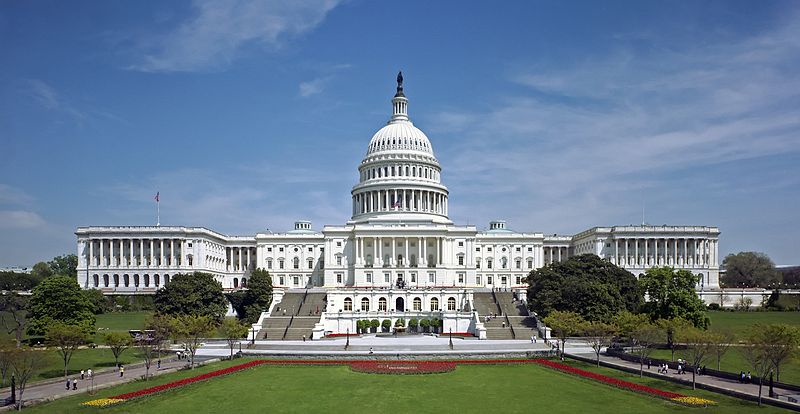
Nuke Review February 21-25
By Brian Kastner and Magnus Newth
Iran
P5+1 and Iran meet again
The possible outcomes of the talks between the P5+1 and Iran in Almaty, Kazakhstan remains unclear. A U.S. official has said that the major powers, which include the U.S., France, Germany, Britain, Russia, and China, will most likely offer easing of sanctions on trade in gold and precious metals if Iran closes its Fordow uranium enrichment program.
More Power Plants?
Mere days before the negotiations with Iran in Kazakhstan, Iran “announced Saturday that it had designated 16 sites for new nuclear power plants and also had discovered substantial new uranium deposits in its territory”. The timing of the announcement, which has not been independently confirmed, may indicate an effort to increase Iran’s leverage ahead of talks.
IAEA on Iran
A recent IAEA report notes that Iran continues enrich uranium to 20 percent, though it has converted a large portion of that to fuel for the Tehran Research Reactor. The report also confirms that Iran has installed more advanced centrifuges at Natanz, but it’s unclear whether the centrifuges are in use. “The time for a diplomatic resolution has not yet expired, but the window of opportunity is getting smaller. The goal of the upcoming talks in Kazakhstan should be to put time back on the clock,” writes Laicie Heeley of the Center for Arms Control and Nonproliferation.
North Korea
South Korea Demands Cease and Desist
South Korea’s new female president has insisted of its northern neighbor that it cease its nuclear activity. In her inaugural speech, shortly after North Korea’s third nuclear test, Park Geun-hye called for “peace and shared development” with North Korea. South Koreans have demanded that their new leader to be tougher on Pyongyang, though it is likely that their president will have as little luck as Western countries have in negotiating with North Korea.
Military Drill
As the U.S. and South Korean militaries prepare to conduct war games this month, North Korea has warned that the U.S. forces would “meet a miserable destruction” should they instigate a war. While the military exercises between U.S. and South Korea are entirely routine, North Korea’s recent missile test in December and nuclear test in February has its rhetoric slightly more belligerent than normal. This threat to U.S. forces comes after increased pursuit on behalf of the U.S. for more sanctions on North Korea.
Japan Weighs In
President Obama recently met with Japanese Prime Minister Shinzo Abe to discuss foreign policy issues. The focus of the meeting was North Korea and its recent missile and nuclear tests that have enraged the international community, especially its close neighbor Japan. Prime Minister Abe was quoted saying “We just cannot tolerate the actions of North Korea, such as launching missiles and conducting nuclear tests”.





